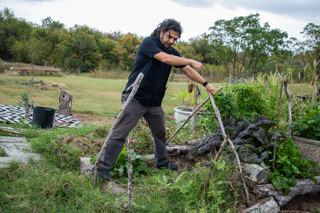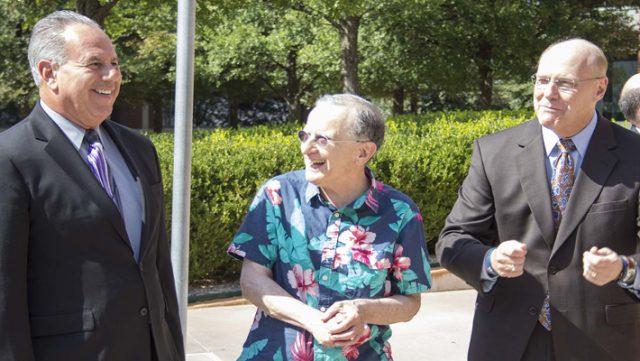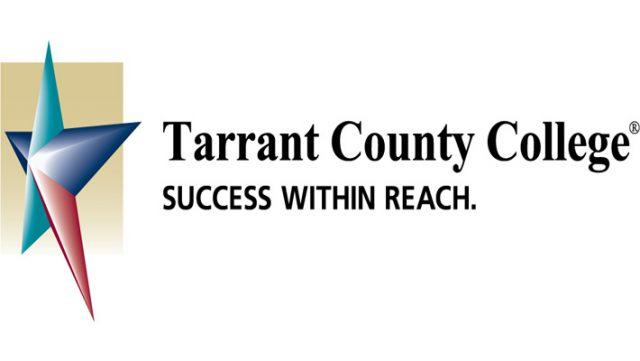By Sheri-Lee Norris/ reporter
Suicide is the second most common cause of death of Texans between the ages of 15-34, according to the Texas Suicide Prevention Council.
Perhaps more startling, the number of seniors who commit suicide each year in Texas has surpassed the number of young adults and teens.
“Suicide is such an important issue that the state created a task force and funds this training program,” said NE veterans affairs counselor Chris Hunt during a Sept. 22 NE training session.
Attendees were both students and faculty led by Hunt, special services coordinator Ronda Isaacs and counselor Lydia Narvarez.
Suicide Prevention: ASK to Save a Life has provided gatekeeper training to more than 10,000 people since the program was launched in 2005. Target audiences include education professionals at every level as well as college students. The goal is to create more gatekeepers.
In suicide prevention, the term gatekeeper refers to a person who has basic knowledge about suicide, believes it can be prevented and has the confidence to respond with some appropriate intervention.
The acronym ASK stands for (1) ask about suicide, (2) seek more information and keep them safe and (3) know where and how to refer someone for help.
Recognition of warning signs and responses to a suicide threat were discussed during the NE ASK training. The most well-known red flag is a person stating a wish to die. The act of giving away treasured items should also raise concern. Others include isolation, heightened anxiety, long-term chronic pain, a major life stressor, substance abuse and behaviors resulting from underlying mental illness.
“People often have two or more indicators at the same time,” Hunt said. “Depressed people often self-medicate by drinking. Alcohol is a depressant and makes it worse.”
The most at-risk populations nationally include veterans, current service members and their families as well as the LGBTQ community. Texas has also seen a surge in elder suicide, Hunt said. These groups often share feelings of isolation or lack of acceptance, which leads to hopelessness.
“When people run out of everything in their playbook, suicide is a last-ditch coping mechanism,” he said. “They don’t have any more ideas. That’s why intervention is so important.”
Intervention skills involve listening carefully to what the other person says and making a determination about whether to call 911 or take them some place for counseling and help, Hunt said.
“The bottom line is if your gut says something is wrong, show you care by asking,” Isaacs said.
Hunt believes most people are afraid to ask questions because the person may become angry.
“They have to be alive to be pissed off, so it’s OK if they’re mad,” he said. “Think about it.”
NE will repeat the ASK training at 12:30 p.m. and 6 p.m. Oct. 19 and 6 p.m. Nov. 22 in the Community Room (NBSS 1103).
Attendees of ASK training receive certificates of attendance. For further information, see TexasSuicidePrevention.org.
























